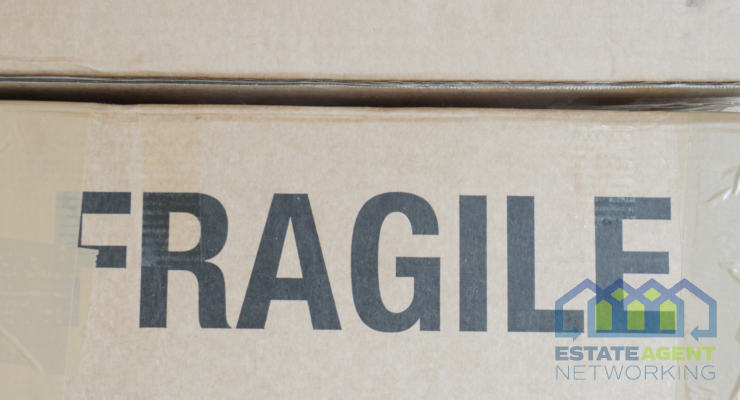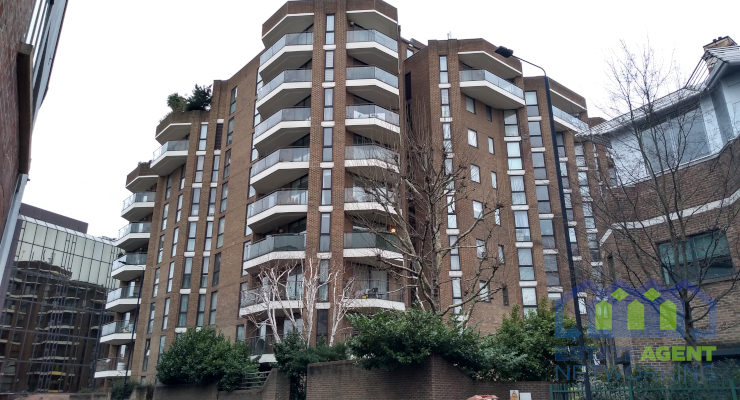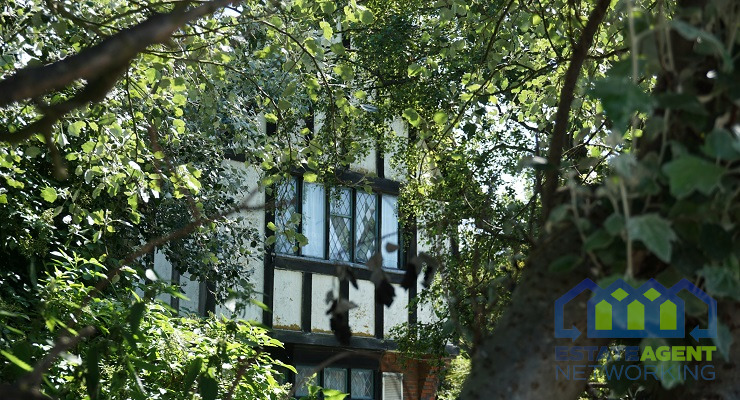Property Surveys: Which defects should you be most worried about?
A staggering 80% of buyers choose to not have a professional survey carried out on a property before they agree to purchase it. Although they might believe they’re saving a bit of money (the house looked alright to them, after all), a fifth of those families spend an average of over £5,000 on remedial work when they move in.
If you’re weighing up whether to get a property survey before buying a new home, here are some of the most common property issues in the UK that are notoriously tricky to spot with untrained eyes.
Damp
Damp is a very common issue in the UK. The scale of damp is very broad – many people experience the occasional bit of condensation or mildew around windows, but over time, damp can eat away at building materials and causing rot and severe structural damage. Fixing damp can be as simple as opening windows regularly or as complex as a several-thousand-pound renovation.
Frequent causes of damp include:
- Poor ventilation
- A sudden build-up of moisture
- Plumbing leaks
- Clogged or faulty external gutters
- Roof defects
- External cracks causing water ingress
- Blown window seals
- Damaged (or non-existent damp-proof course)
- Plants or landscaping bridging the damp-proof course
If your report indicates an issue with damp, the most important step is to talk to a specialist to take a deeper look into the affected areas and provide a professional opinion about how to manage and eradicate the damp while repairing the cause and any damaged areas.
Woodworm
Wood-boring beetles – known as woodworm – are a major problem for timber-framed buildings like barn conversions and period homes. If you spot the tiny, tell-tale holes in the beams or other wooden features, the first thing is to determine whether they are fresh.
Fortunately, as long as the beetles are found and treated early on, they do not pose a serious threat to your home. Contact a timber treatment specialist and ask them to inspect the area of concern. With common furniture beetles, they can coat the wood with a special treatment to fix this issue. However, more aggressive infestations such as the Deathwatch Beetle may need a more complex process to manage.
Structural Movement
Structural movement is a hugely concerning issue, as it can result in walls collapsing and pose a serious danger to inhabitants. What may appear to be a small crack in a wall or ceiling may actually be a symptom of a more serious problem with the foundations or pressure on other areas of the house. This issue may be helped with bracing the area question or tanking the house – but both of these can be very expensive.
Japanese Knotweed
Although it’s perfectly manageable, Japanese Knotweed must be one of the most frustrating issues to uncover on a property. It’s a pervasive weed that became popular during the Victorian era, making homes built during this period particularly likely to suffer.
Why is it a problem? Japanese Knotweed is incredibly robust, growing and spreading dramatically. Left unchecked, it suffocates other plants and can even dislodge brickwork and buildings with its strong roots. If found, the plant needs an ongoing management plan or a very expensive removal process – which cannot always guarantee success.
If Japanese Knotweed is identified in your survey, seek expert confirmation as soon as possible. Your ability to obtain a mortgage may be compromised if the plant is within a certain distance from the main building.
Most property surveys should pick up on roof issues, or at least if there’s an indication that further inspection is required. Whether it’s one or two cracked tiles, a blocked gutter or the entire roof needing replacing, roof problems need to be addressed quickly. Even the smallest defect can become an entry point for dirt, water or pests and acting preventatively can save you thousands in remedial work.
The cost will vary according to the work – replacing a few tiles should be in the region of £100, while a complete replacement could be between £4,000 and £7,000 for a standard family home.
Faulty Electrics
Fully rewiring a house typically costs around £3,000 and will take at least a week – which is probably why homeowners try to avoid it if they can. Unfortunately, if a surveyor mentions concerns about the electrical circuits in a house, it’s really a problem that needs to be dealt with. Not only are they an electrocution risk, they’re also a fire risk.
Asbestos
The word ‘asbestos’ is understandably quite scary – and not something you want to be associated with a home you’re about to purchase. Known to cause severe respiratory illnesses, asbestos is a building material that has been aggressively phased out of new construction but still appears in older homes.
Why hasn’t it been removed everywhere? Well, in many cases, it’s actually easier and safer to manage asbestos-containing materials in-situ. If you’re at all concerned, you can talk to a specialist about how to keep the material intact and whether you would be better to pay for any contaminated features to be taken away.









